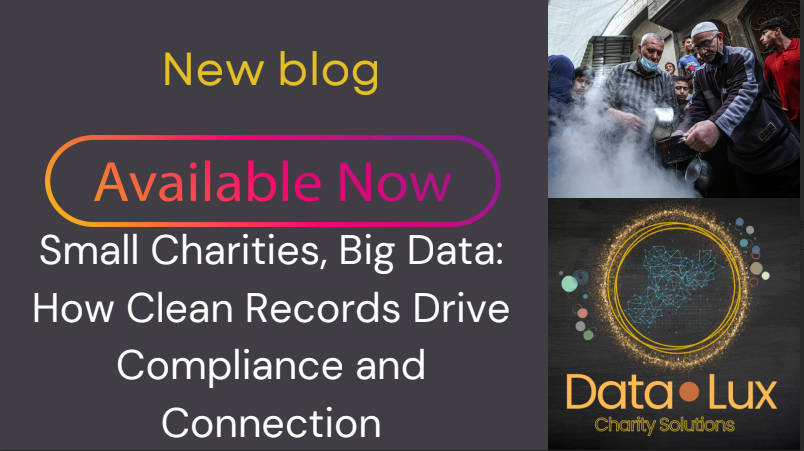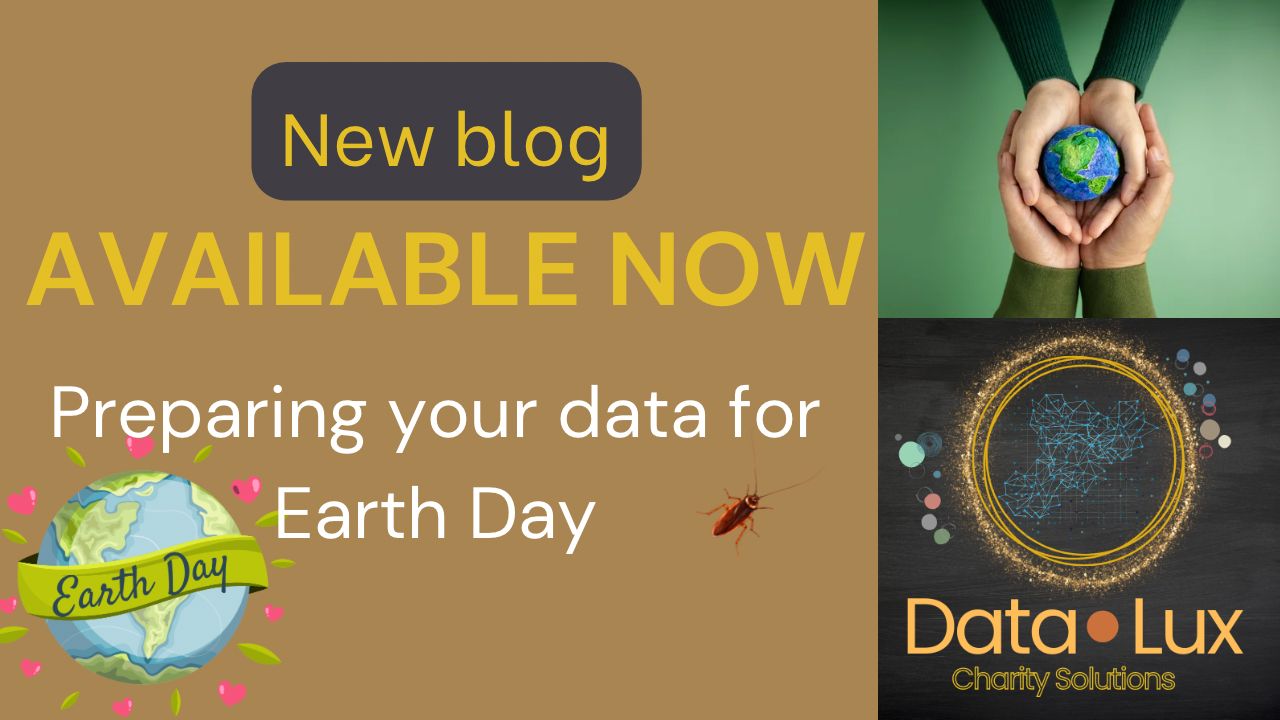For small charities, managing donor and service user data can often feel like an overwhelming task. With limited resources and competing priorities, it’s easy to let data hygiene slip to the bottom of the list. Yet, maintaining clean, accurate, and compliant records is one of the most powerful tools small charities can use—not only to improve efficiency but also to grow those deeper relationships with supporters and service users alike, be it a hospice, learning charity, church group or even quite niche charities, doing great stuff of course.
The smallest charities often face unique challenges in data management. Unlike larger organisations with dedicated CRM (customer relationship management) systems and data specialists, smaller charities rely on patchwork solutions—spreadsheets, email systems, and paper files. This fragmentation makes it harder to spot errors or ensure compliance with data protection laws. Yet, many small charities are leading the way in data cleansing, recognising that accurate records aren't just a legal obligation—they're the foundation of trust and effectiveness.
Integrating Donor and Service User Data
For small charities, donor and service user data are often held separately, but increasingly, organisations are recognising the value of cross-referencing these datasets. This approach has several benefits:
- Better Targeting: Understanding the overlap between donors and service users can reveal new opportunities. For example, a family who has benefitted from your services may also want to contribute as a way of giving back, or they might know others in their community who would.
- Improved Services: Service user data can highlight trends that allow charities to refine their offerings, ensuring resources are directed to areas of greatest need.
However, integrating these datasets requires careful planning. Personal information is sensitive, and GDPR compliance is essential when combining records for new uses. This is where data cleaning becomes critical.
The Importance of Data Cleaning
Data cleaning—removing inaccuracies, duplications, and outdated information—may seem like a mundane task, but its impact is transformative. For small charities, even small errors can have outsized consequences. A misspelled name or outdated address can mean a lost donation or a missed opportunity to help someone in need.
One charity that saw the benefits of data cleaning was a small community food bank in the Midlands. They launched a project to unify donor and service user records for the first time. Initially, their data was scattered across paper forms, spreadsheets, and emails. With the help of Lux, they cleaned and consolidated their records.
The results were immediate. They discovered several loyal donors who had been sending cheques but had never been added to the mailing list, missing out on regular updates. They also identified families who had moved away but were still receiving emails meant for local users. By cleaning their data, the food bank could focus on current supporters and ensure GDPR compliance by removing records they no longer had permission to keep.
Compliance: More Than Just a Box to Tick
For charities, compliance with data protection regulations isn’t just about avoiding fines—it’s about protecting relationships. Donors and service users trust charities with their personal information, and any misuse or mishandling of that data can erode confidence.
If you would like to learn more about data cleansing, contact our friendly and knowledgeable team.




